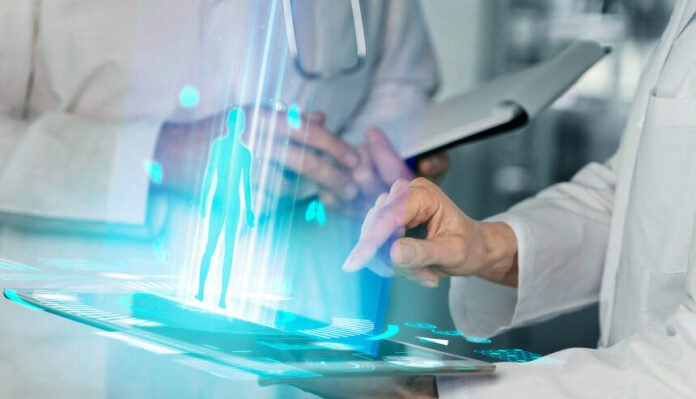In the growing field of modern medicine, artificial intelligence (AI) is making a big impact that has the ability to transform illness, prevention, diagnosis and treatment. AI for predictive healthcare is already used to study huge medical records, spot early signs of diseases and customise treatment plans. The effects are truly game-changing and it is not just fiction, it is real and happening now.
Seeing ahead with smart tech
Have you ever imagined a world in which medical experts can identify health risks before any signs show up? Well, thanks to smart AI systems, this is no longer just a dream but rather a reality that is becoming more and more real. By using machine learning algorithms to study huge amounts of medical records, from genes to living habits, predictive analytics in medicine is improving healthcare. Early measures are made possible with this data, which leads to better results and transform healthcare.
True success stories
Let’s talk about the recent developments in cancer detection. An Artificial intelligence system (AI) developed by Google Health researchers is more accurate than human radiologists at finding breast cancer in X-rays. AI for predictive healthcare improves early diagnostic reliability, helping doctors to take action earlier and improve treatment success. According to a major study in nature, the AI model reduced false negatives by 9.4% and false positives by 5.7%, possibly saving many lives by allowing early detection.
Embed from Getty ImagesHow AI predicts health outcomes
By analysing these complex, interconnected datasets, AI can identify subtle patterns invisible to human observers.
The key is in having lots of data. AI systems are able to process :
- Detailed health records
- Genetic factor
- Life habits
- Environmental factors
- Live health updates
Amazing new tools
Cardiovascular risk prediction
An AI algorithm created by Standard University researchers works better than traditional risk methods, predicting the chances of a heart attack with 90% accuracy. In order to deliver more better and proactive care, AI health monitoring systems are improving early detection by tracking small changes in blood tests and medical scans. The model is an effective tool in heart disease prevention as it looks at different factors that go outside normal methods.
Early disease detection
While DeepMind’s AI can spot eye problems with 94% accuracy, IBM Watson has shown great skills in finding early lung cancer. Also, years before traditional diagnostic methods, algorithms can show how diabetes will develop. AI health monitoring systems, that keep studying medical data to track changes and spot danger signs that could be ignored and allow for earlier and more efficient responses, are responsible for these advancements.
Embed from Getty ImagesMaking the right choice
AI in healthcare is interesting but there are some drawbacks as well. Important things to keep in mind include incorrect data, privacy issues, and the need for honest and fair rules. In order to stop unfair results, it is important that AI systems learn from different types of data.
The future is here
AI is already being used in tests and early warning systems at the best medical hospitals all over the world. Artificial Intelligence has the ability to make changes in healthcare, from early treatments to your personal medical plan.
Embed from Getty ImagesA message of hope
Here, the goal is to make better human medical workers, not to replace them. Artificial Intelligence (AI) is a smart tool that helps people learn more and gives ideas that may help with better and personal medical help. Medical workers can now find health problems early thanks to advances in AI for predictive healthcare, which allows for improved medical help and quick treatment.
The healthcare industry has a strong, helpful, and great future. We are close to a major change in healthcare that could really change how we see, stop and care for illness.
Stay informed, stay healthy!
